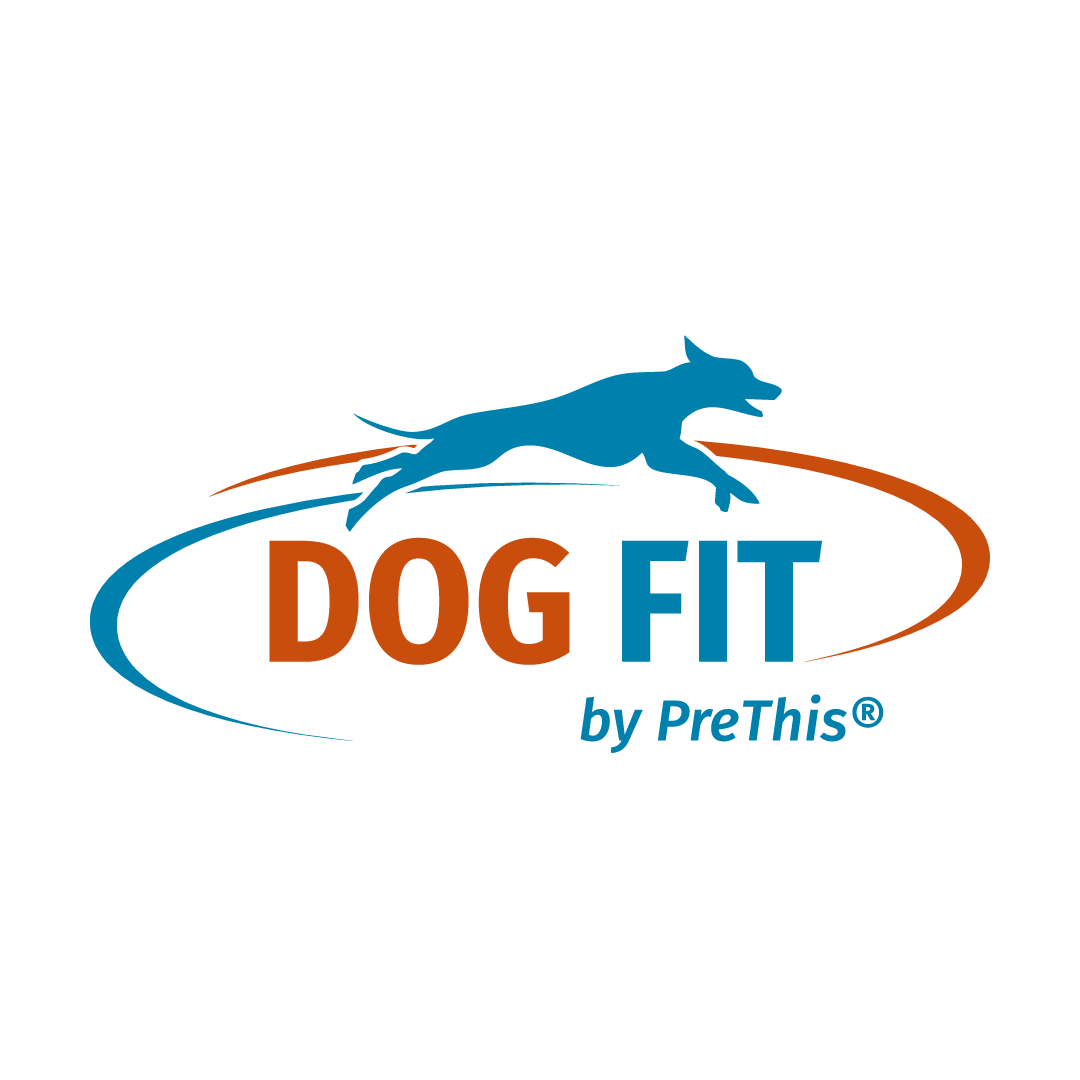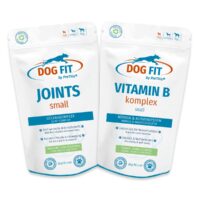
Introduction
A herniated disc is a serious condition in dogs that can lead to severe pain, mobility problems, or even paralysis. A bulging or damaged disc presses on the spinal cord or exiting nerve roots.
Below, you will learn how a herniated disc can manifest itself, what causes and treatment options there are, and how you can best support your dog.
Different Types of Herniated Discs
- Prolapse: Part of the disc protrudes between the vertebrae and presses on nerves.
- Extrusion: Parts of the disc protrude completely from the vertebra and cause pressure.
- Sequestration: Torn-off disc fragments migrate into the spinal canal.
Causes of a Herniated Disc
Certain factors increase the risk:
- Age: Older dogs are more frequently affected.
- Breed: Dog breeds with long backs and short legs (e.g., Dachshunds, French Bulldogs), but also German Shepherds, Retrievers, and other larger breeds, show an increased Susceptibility.
- Obesity: More weight puts strain on the spine.
- Injuries & Accidents: Falls or other accidents can trigger a herniated disc.
- Symptoms of a Herniated Disc
Symptoms of a Herniated Disc
Symptoms vary depending on the severity and location:
- Back pain, tenderness to touch
- Lameness or weakness in the hind legs
- Coordination problems or numbness
- Incontinence
- Problems walking, standing, or jumping
If you notice one or more of these symptoms in your dog, please consult a veterinarian promptly.
Treatment Options
Treatment depends on the severity. Mild disc herniations can often be treated conservatively, for example through:
- Rest and controlled exercise
- Physiotherapy to promote muscle strength and mobility
- Pain management (under veterinary supervision)
- Weight control
In severe cases, such as permanent paralysis, surgery may be necessary to relieve pressure on the nerves. If in doubt, a second veterinary opinion is recommended.
The role of micronutrients
A targeted supply of micronutrients can support recovery. Nutrients such as glucosamine, collagen, and MSM, as well as various B vitamins, are valued in animal nutrition because they contribute to the normal function of the musculoskeletal system, intervertebral discs, and nerves. These micronutrients support the recovery of intervertebral disc tissue, support the regeneration of nerve structures, and can help restore the dog’s mobility. Supplementation should always be tailored to the needs of the dog and in consultation with experts.
Everyday tips for affected dogs
- Ensure sufficient rest and create a non-slip, soft place to lie down.
- Introduce your dog to exercise carefully and gradually – ideally under physiotherapy guidance.
- Avoid strenuous activities such as jumping or climbing stairs.
- Monitor body weight to relieve pressure on the spine.
- Schedule regular check-ups with the veterinarian to monitor development.
- Support recovery with a balanced, high-quality diet.
The relationship between human and dog thrives on trust, care, and shared experiences in everyday life. Small gestures, attentive observation, and loving companionship shape coexistence and strengthen the bond. Conscious moments of peace and joy contribute to the long-term well-being of both dog and human.
Product information: DOG FIT by PreThis® JOINTS + VITAMIN B 🛒 – Premium supplementary feed with selected micronutrients in an affordable combo set. Free from genetic engineering and artificial additives. You can find more information here:

The content of the articles is for general information purposes only and does not replace diagnosis or treatment by a veterinarian. Reviews or testimonials are individual reports from verified customers. This information does not constitute medical advice and should not be understood as such.
Our daily inspiration comes from the special moments with our dogs. Here we share this enthusiasm and invite you to become part of the DOG FIT community on our social media channels.



Leave a Reply